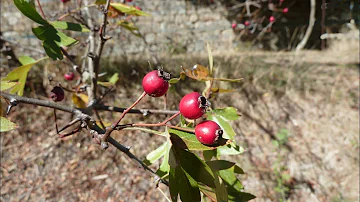Quelle est l'origine du prénom Éloïse ?

Quelle est l'origine du prénom Éloïse ?
Signification : Le prénom Eloïse provient du prénom allemand Hailwidis. Ce dernier vient des mots "Wig", signifiant combattant, et de "Hold", signifiant illustre. Le prénom Eloïse pourrait ainsi se traduire par "Illustre combattant". Histoire : Le prénom Eloïse n'était que très peu répandu il y a peu encore.
Qui a ecrit Héloïse et Abélard ?
Pierre Abélard Héloïse Lettres d'Abélard et Héloïse/Auteurs
Quand est née Éloïse appelle ?
8 Janvier 1998 Éloise Appelle, néé le 8 Janvier 1998 à Marseille est une candidate de télé-réalité ayant participé à l'émission Les Marseillais aux Caraïbes.
Who are Heloise and Abélard?
- Héloïse and Abélard are two famous lovers from the Middle Ages. They are for Paris like Romeo and Giulietta for Verona! The story of Heloise and Abélard begins in the 12th century in the Ile de la Cité, Paris’s heart and the epicenter of intellectual life.
What was Heloise's education?
- Heloise (1101-1164) was the niece and pride of Canon Fulbert. She was well-educated by her uncle in Paris. Abelard later writes in his autobiographical "Historica Calamitatum": "Her uncle's love for her was equaled only by his desire that she should have the best education which he could possibly procure for her.
Does Heloise have to give up her child?
- Canon Bedell pleads with Abelard to not force such a fate upon Heloise, but both Heloise and Abelard agree that they must take Holy Orders as Monk and Nun. In a heartbreaking moment, Heloise must give up her child, knowing that she will never see him again.
What does Abelard say about his uncle's love for his niece?
- Abelard later writes in his autobiographical "Historica Calamitatum": "Her uncle's love for her was equaled only by his desire that she should have the best education which he could possibly procure for her. Of no mean beauty, she stood out above all by reason of her abundant knowledge of letters."













